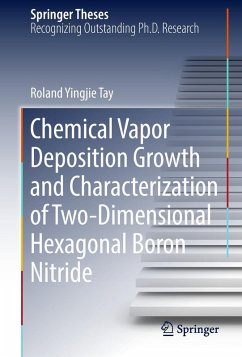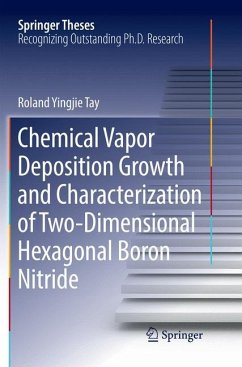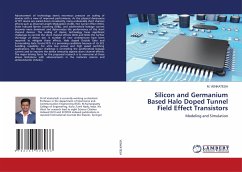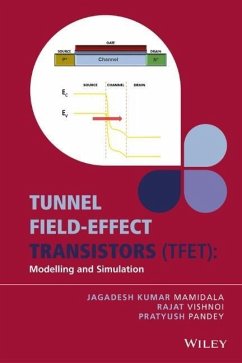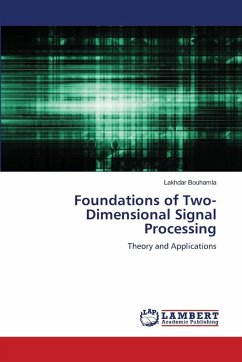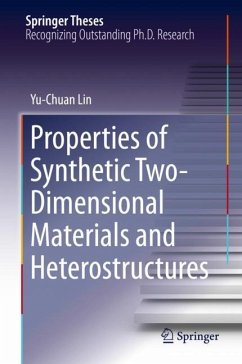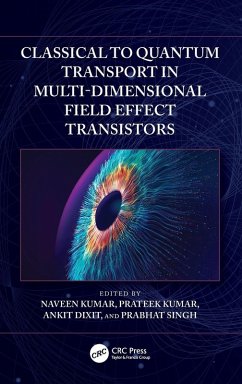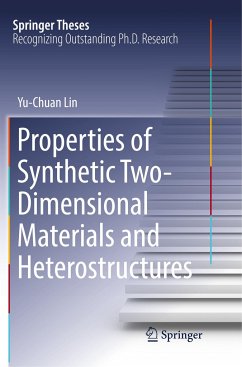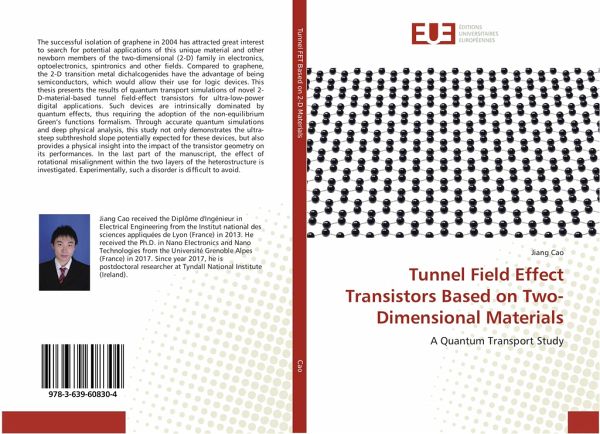
Tunnel Field Effect Transistors Based on Two-Dimensional Materials
A Quantum Transport Study
Versandkostenfrei!
Versandfertig in 6-10 Tagen
33,99 €
inkl. MwSt.

PAYBACK Punkte
17 °P sammeln!
The successful isolation of graphene in 2004 has attracted great interest to search for potential applications of this unique material and other newborn members of the two-dimensional (2-D) family in electronics, optoelectronics, spintronics and other fields. Compared to graphene, the 2-D transition metal dichalcogenides have the advantage of being semiconductors, which would allow their use for logic devices. This thesis presents the results of quantum transport simulations of novel 2-D-material-based tunnel field-effect transistors for ultra-low-power digital applications. Such devices are i...
The successful isolation of graphene in 2004 has attracted great interest to search for potential applications of this unique material and other newborn members of the two-dimensional (2-D) family in electronics, optoelectronics, spintronics and other fields. Compared to graphene, the 2-D transition metal dichalcogenides have the advantage of being semiconductors, which would allow their use for logic devices. This thesis presents the results of quantum transport simulations of novel 2-D-material-based tunnel field-effect transistors for ultra-low-power digital applications. Such devices are intrinsically dominated by quantum effects, thus requiring the adoption of the non-equilibrium Green's functions formalism. Through accurate quantum simulations and deep physical analysis, this study not only demonstrates the ultra-steep subthreshold slope potentially expected for these devices, but also provides a physical insight into the impact of the transistor geometry on its performances. In the last part of the manuscript, the effect of rotational misalignment within the two layers of the heterostructure is investigated. Experimentally, such a disorder is difficult to avoid.



